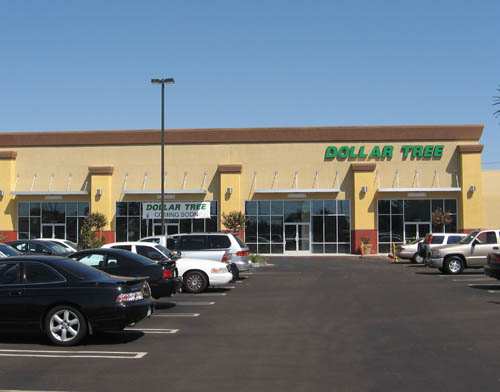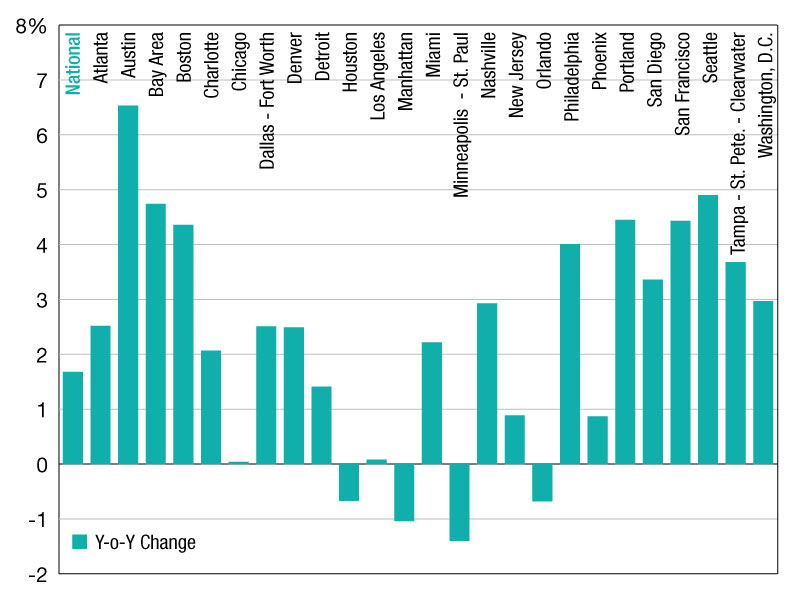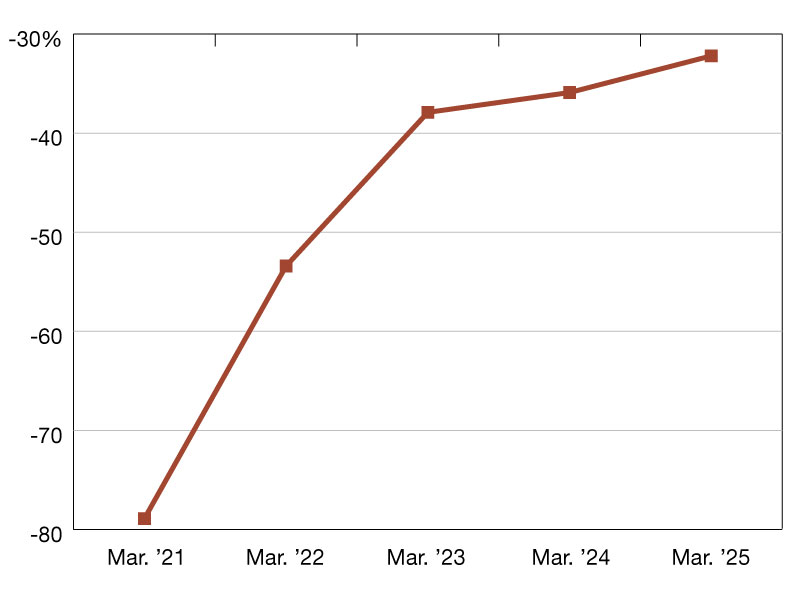Dollar Tree, Family Dollar Stores Merger to Create 103 MSF of Retail Space Across U.S.
The Dollar Tree and Family Dollar Stores merger will result in a discount-store behemoth, melding Dollar Tree’s 5,080 stores spanning 48 states and five Canadian provinces with Family Dollar’s 8,200 locations across 46 states.
By Barbra Murray, Contributing Editor
 Dollar Tree Inc. and Family Dollar Stores Inc. have entered into a merger agreement, and the price tag on the deal is much more than a dollar; it’s $9.2 billion. Dollar Tree will acquire Family Dollar in a transaction involving stock and cold-hard cash.
Dollar Tree Inc. and Family Dollar Stores Inc. have entered into a merger agreement, and the price tag on the deal is much more than a dollar; it’s $9.2 billion. Dollar Tree will acquire Family Dollar in a transaction involving stock and cold-hard cash.
The merger will result in a discount-store behemoth, melding Dollar Tree’s 5,080 stores spanning 48 states and five Canadian provinces with Family Dollar’s 8,200 locations across 46 states, for a total of approximately 103.5 million square feet of retail space across the country. Too much of the same thing?
“Even though they’re both discount retailers, they come at it from a little bit of a different point of view,” Jeff Green, president & CEO of retail real estate consultancy Jeff Green Partners, told Commercial Property Executive. “Family Dollar is really a neighborhood discount store, whereas Dollar Tree has no merchandise that’s more than a dollar. So they’re almost complementary. Dollar tree is typically suburban and Family Dollar is small-market and inner-urban. It’s a complementary strategy that way.”
That’s the plan. Dollar Tree points out that the merger will yield a broader range of customers and geographies across the fixed- and multi-price point. “This acquisition will extend our reach to lower-income customers and strengthen and diversify our store footprint,” Bob Sasser, CEO of Dollar Tree, said in a prepared statement. “Combined, our growth potential is enhanced with improved opportunities to increase the productivity of the stores and to open more stores across multiple banners.”
While an expansion of the Dollar Store/Family Dollar footprint is part of the merged company’s strategy, Green said he believes that an aggressive expansion campaign won’t kick off anytime soon. “Family Dollar is an older, staid kind of concept, and Dollar Tree is a strong new dynamic chain,” he said. “I think what they’re going to try to do is bring in those sort of changes to the operating, merchandising and promotions in an effort to increase same store sales. I’m not sure the initial thrust will be for more stores, just increased sales.
Nor does Green believe the merger will result in mass store closings. “If there will be any closings, it will be of just underperforming stores,” he added. “It’s not going to be because they’re located too close together.” And with that, Green refers back to the complementary nature of the two companies.
Family Dollar comes at a pretty penny. Dollar Tree will shell out $74.50 per share of Family Dollar stock, marking a 22.8 percent premium over the latter’s closing price the Friday before the merger announcement. Shareholders will pocket $56.90 in cash and receive $14.90 equivalent in Dollar Tree shares. Dollar Tree will rely on cash on hand to finance the transaction, as well as bank debt and bonds; JPMorgan Chase Bank, N.A. has already committed.
The merger of Family Dollar and Dollar Tree is on track to close by early 2015.







You must be logged in to post a comment.